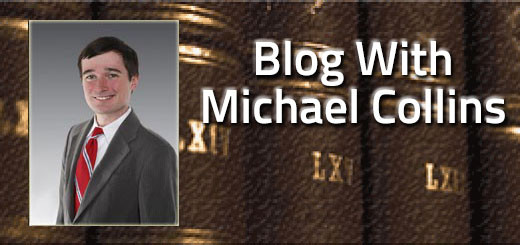Demystifying the National Mortgage Settlement
There has been a lot of press relating to the National Mortgage Settlement. Unfortunately, with the press there has also been a lot of misinformation.
In February 2012, the Attorneys General of a number of states successfully negotiated one of the largest national settlements with five major mortgage lending institutions. As part of the settlement, these banks were required to fund over 25 billion dollars, which have been earmarked for a number of purposes: 1) paying claims to homeowners who lost their properties in a wrongful foreclosure; 2) canceling and reducing principal of some mortgage loans; 3) and funding non-profits and lobbying initiatives designed to help consumers in the housing context.
Unfortunately, the only consumers that benefit from the National Mortgage Settlement are homeowners that have or had a mortgage that was both owned and serviced by one of the major lenders. The five participating lenders were: 1) Ally/GMAC, 2) Bank of America, 3) Citi, 4) JPMorgan Chase, and 5) Wells Fargo. That means if your mortgage is owned by another investor, such as Fannie/Freddie or one of the nameless pooling and servicing trusts, the National Mortgage Settlement does not (directly) apply to you. Note that many of these other investors often hire the major lenders as their servicer, but only portfolio loans (owned and serviced by the same bank) fall under the scope of the settlement. So if you have a first mortgage and a HELOC with BAC and are wondering why your second mortgage wasn’t cancelled, chances are the mortgages are simply being serviced by BAC and are not actually owned by BAC.
If you think you may have a portfolio loan with one of the participating lenders, you should GOOGLE “National Mortgage Settlement” and fill out a claim form immediately. According to the website, the deadline to file a claim is January 18, 2013.
There has been some issues with how the settlement funds have been used. For example, I have seen approximately ten cancellations of second mortgages. That sounds great, but in each of these ten instances, the consumers were delinquent with respect to their first mortgages and were losing their property in a foreclosure. It remains to be seen whether the banks will receive credit for canceling mortgage balances for homes that are on the foreclosure fast track anyway.
Even though the National Mortgage Settlement does not apply to the vast majority of mortgage loans across the US, the settlement has had a tremendous impact with respect to loss mitigation servicing in general and consumers faced with loan modification and short sale negotiations today will benefit from a process that has become more streamlined as a result of the efforts of our Attorneys General.


